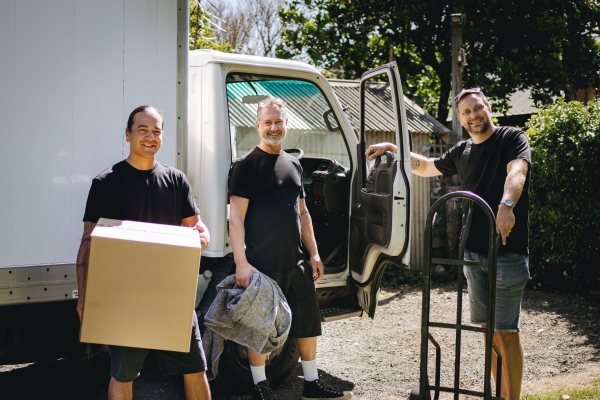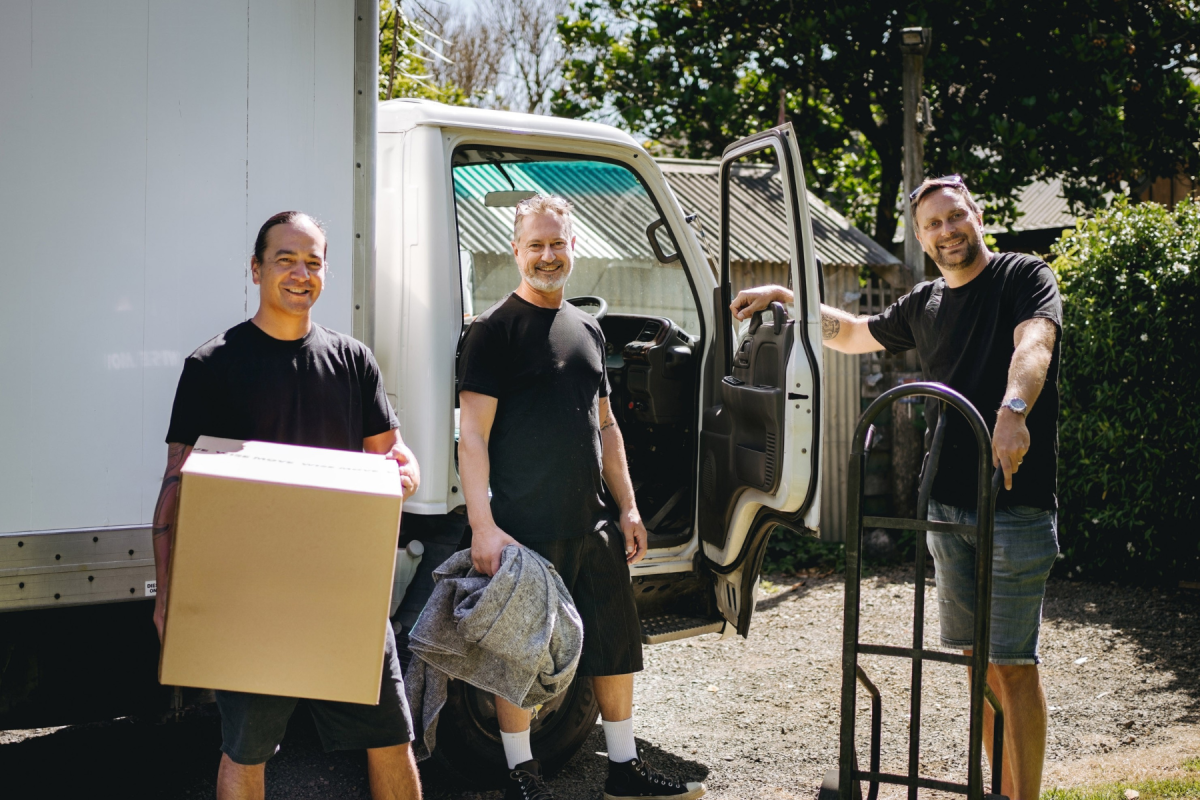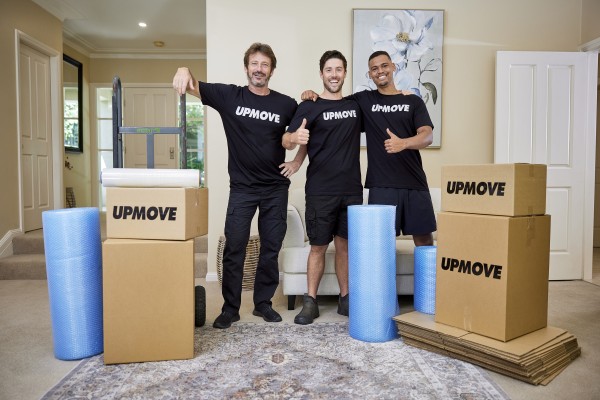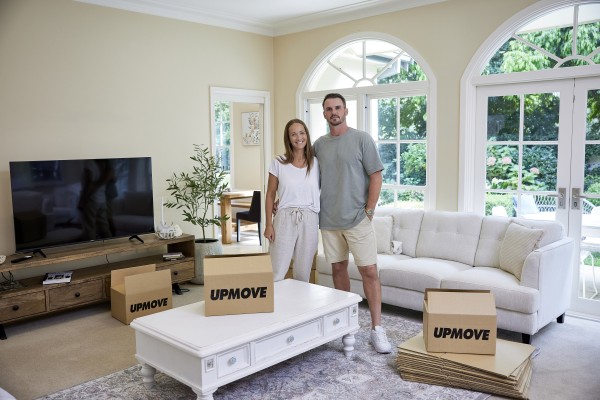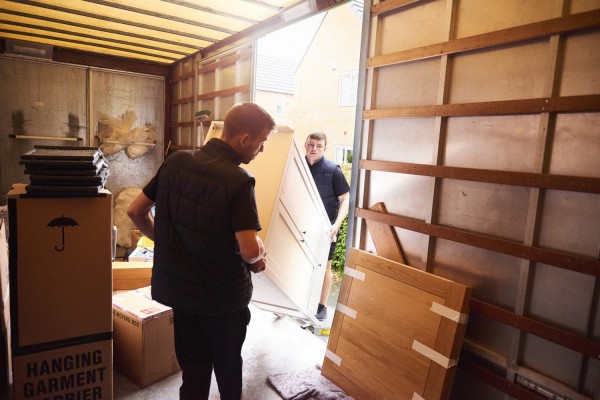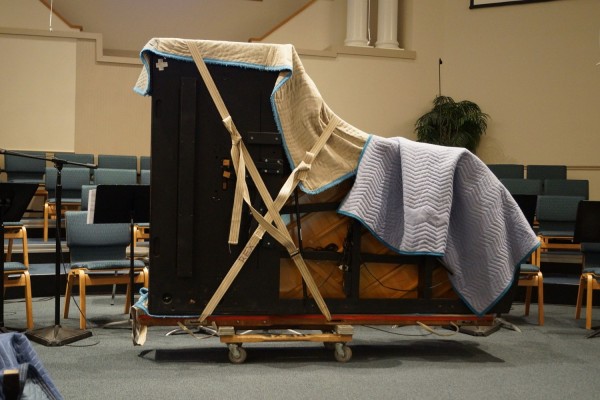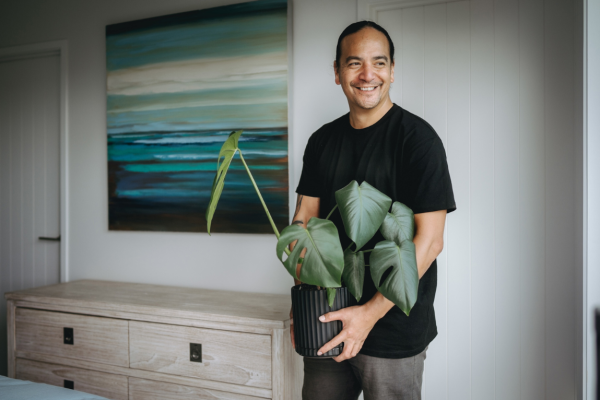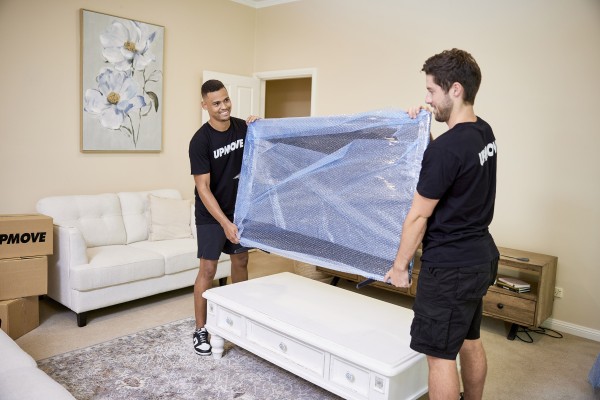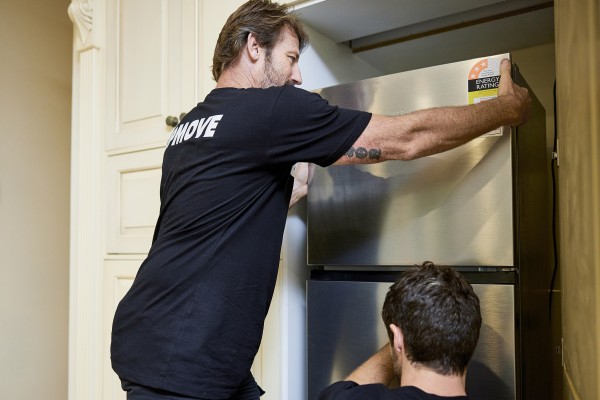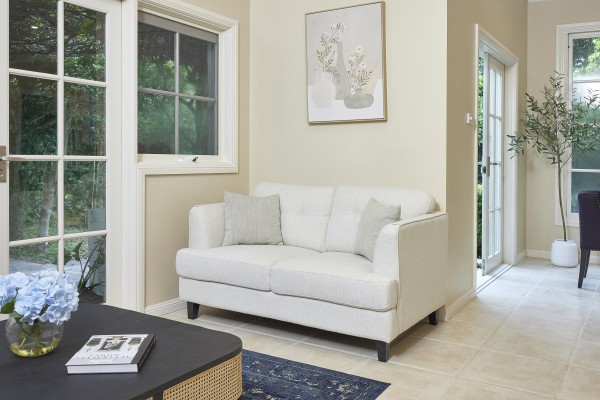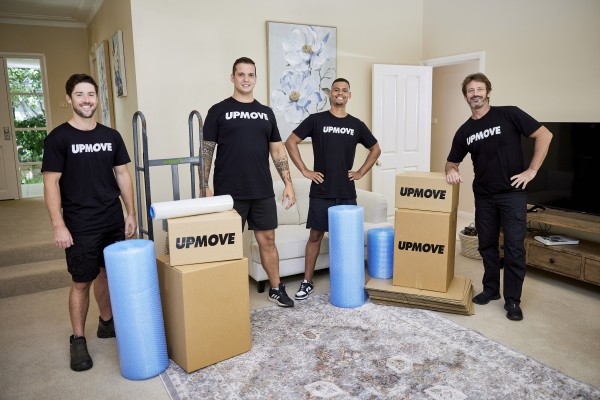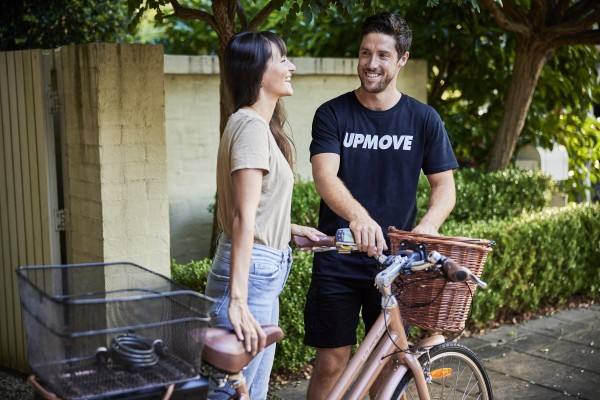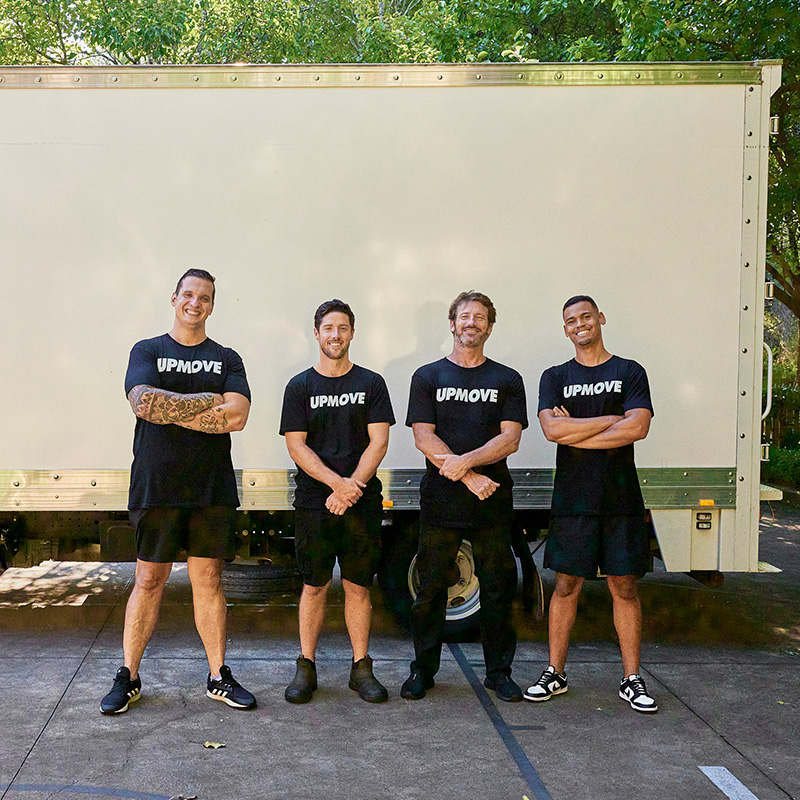How to move home with a disability
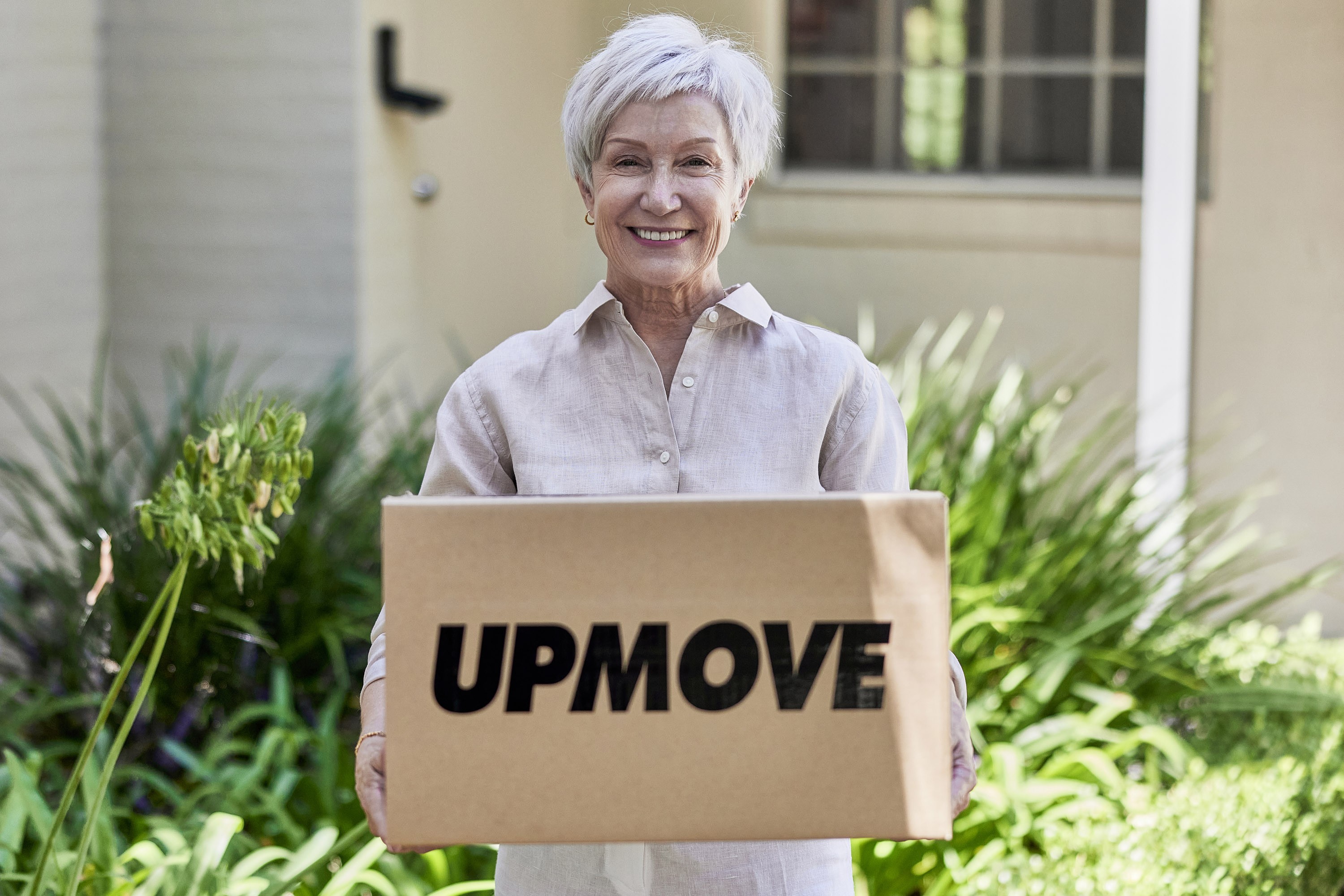
The prospect of a new home is an exciting one. Moving into a new place brings fresh opportunities, a new community and, if you’re a person with a disability, the potential for a more accessible living space. While the end result is one to look forward to, moving house is always a complicated process.
Finding the right home, packing up your things, and getting everything to your new living space is quite the challenge. And, if you, or a person you know, is also living with a disability, things can feel even more overwhelming.
Luckily there are resources to support you and steps you can take to create a simpler, safer, and more supportive moving experience.
In this article we’ve covered all of your bases for you, including:
New home accessibility considerations
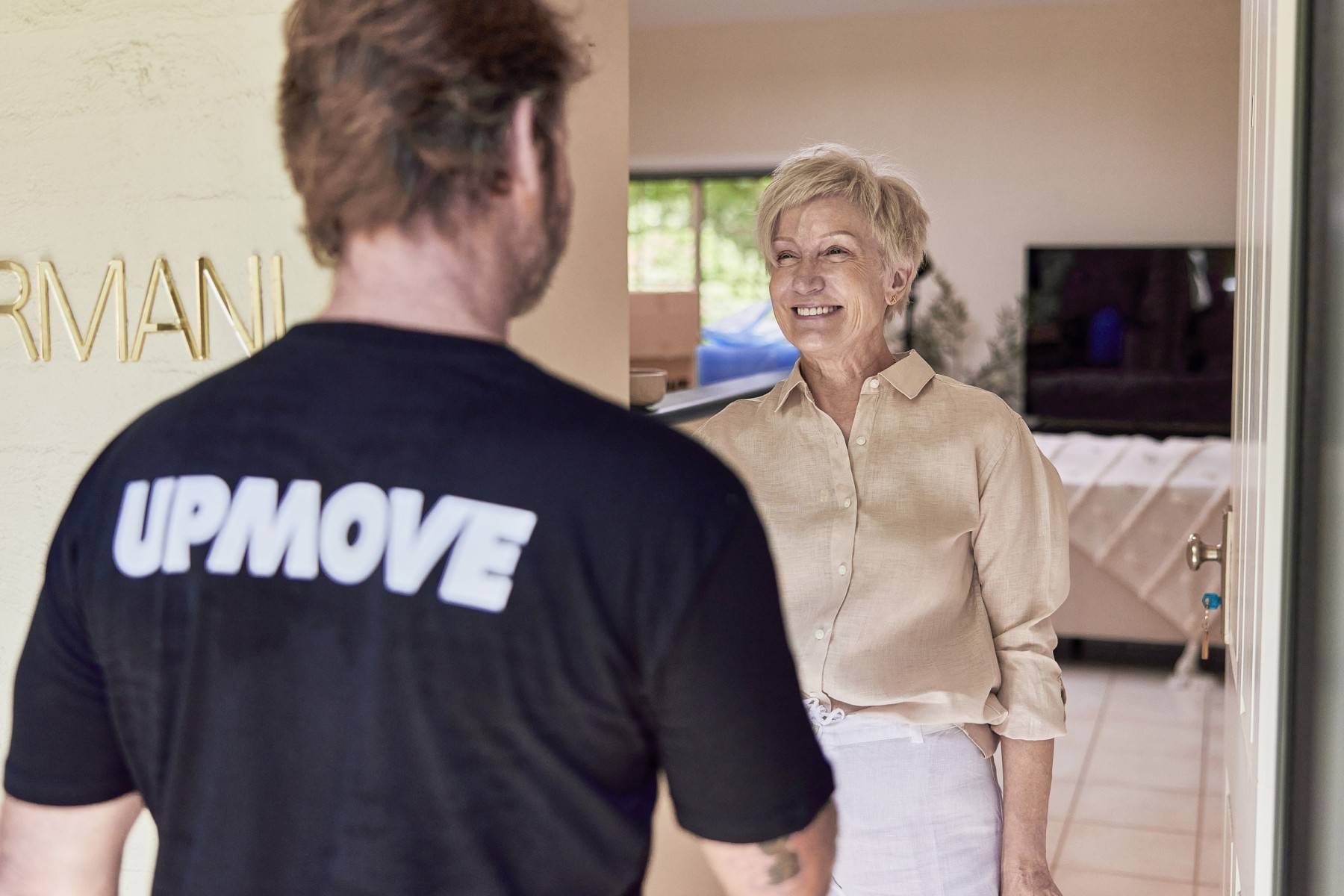
It goes without saying that your new home should enhance your day-to-day living.
Whether you’re planning to live alone in a house, in shared living, or in a non-supported or supported unit or apartment it’s always a good idea to check if the new property meets all of your unique needs before making the big move.
For a smooth and streamlined house search, create a checklist of your essential requirements.
Here are a few suggestions to get you started:
Ground level property / apartment (or reliable lift access to your level)
At least one step-free entrance into the home or ramp access.
Low-level kitchen surfaces that are accessible from seated position
Wide hallways and doorways
Cabinets and shelves within reaching distance
No-step shower access
Medical and disability support near your new home

In addition to your home requirements, it’s also important to check out the health care, support and well-being services available within close proximity to your new space.
Some things to consider:
House hunting resources
If you haven’t yet found the right home, here are some handy resources to help you through the house hunting process:
Understanding your housing rights
Every person, including those living with a disability, has the right to choose accommodation in the location they desire. However, it isn’t uncommon for people with disabilities to experience some barriers when renting a new home. Here are some key things to know about your housing rights:
Assistance dogs
Landlords and agents cannot refuse to rent you a property or room or charge extra because you have an assistance dog.
The application process
The Disability Discrimination Act makes it against the law for real estate agents, landlords or other providers of accommodation to:
Reasonable considerations
Tenants with a disability may request the landlord make reasonable accommodations to rules, policies, practices, or services that provide equal opportunity for use and enjoyment of the rental accommodation / common areas.
Bringing in professional moving support
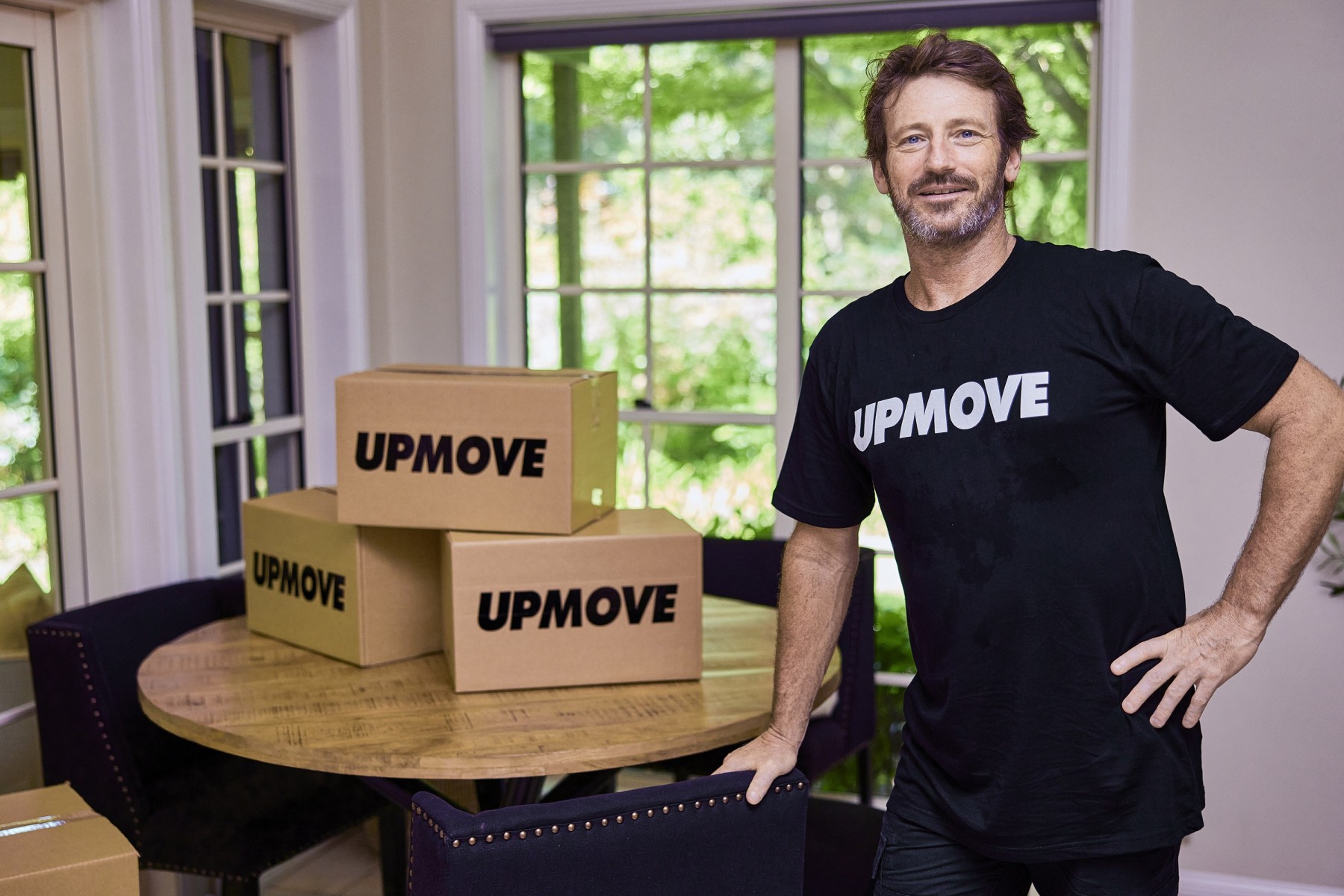
Bringing in professional support to help you pack up your things can offer huge relief throughout the moving process. From wrapping, packing and moving your belongings, to unpacking at the other end, finding the right removalists can make all the difference. Depending what city or state you live in, the below can help to find local moving companies in your area.
What you need to consider to find the right moving company:
- Look for removalists with experience moving special equipment such as lift chairs, mobility aids, ramps, wheelchairs, etc.
- Ask whether your moving company can help with unpacking at the other end and whether there are extra charges (not every company offers this service).
- Utilise websites that enable you to get multiple quotes from removalists by submitting one request, ensuring you get the right support at the right price.
- Look for services that allow you to select the number of removalists you need. Getting the right level of help is critical when it comes to a safe and supportive move.
Rental assistance
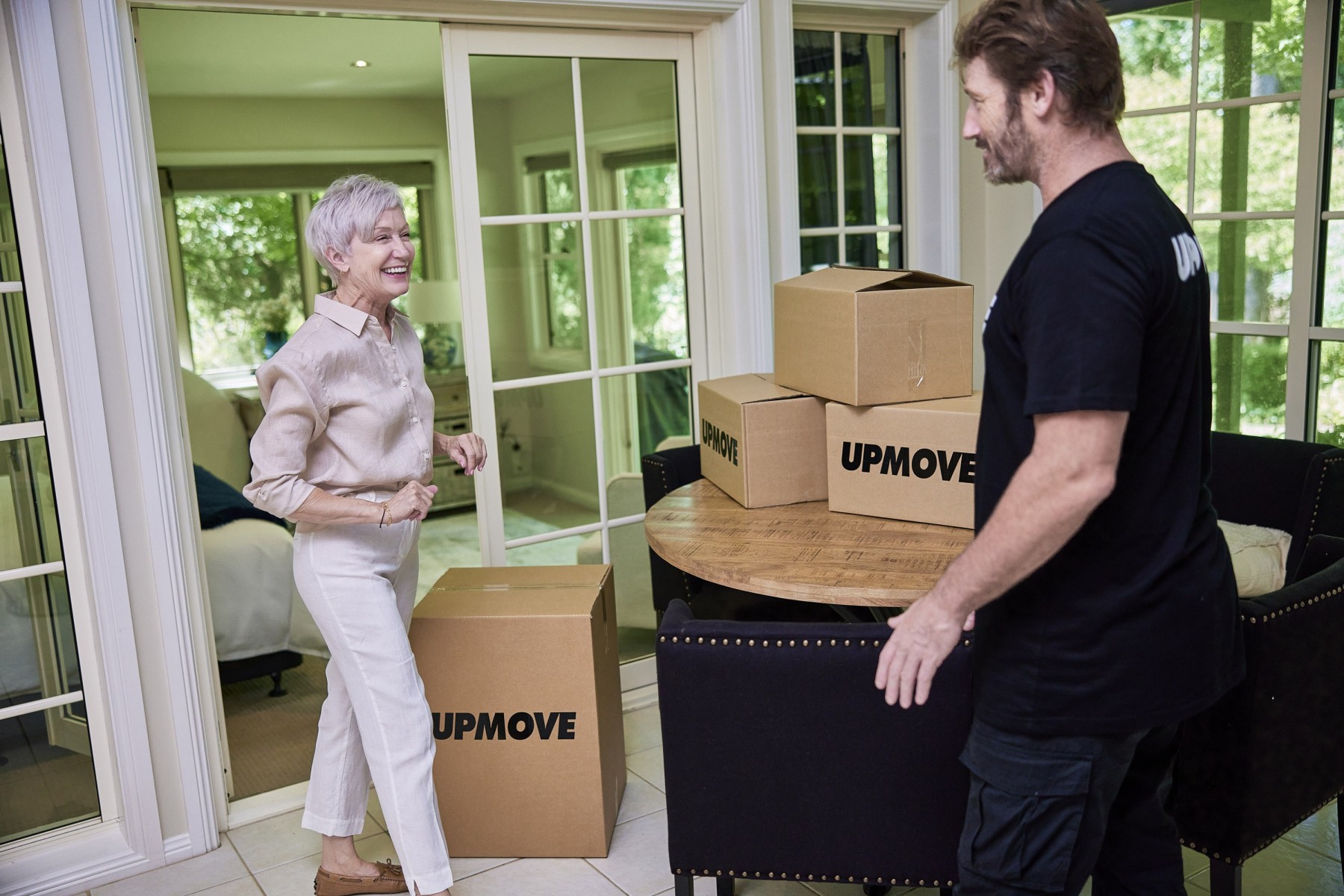
One of the greatest barriers for anyone moving home is affordability. There are different types of rental assistance available to persons with a disability including rent support and bond payments. These vary from state to state, so it’s always best to check what’s available in your state or territory.
Find out more on the Australian Government Disability Gateway.
What do our customers say?



